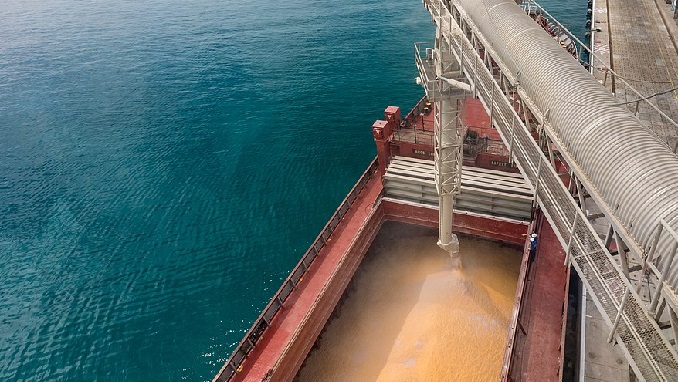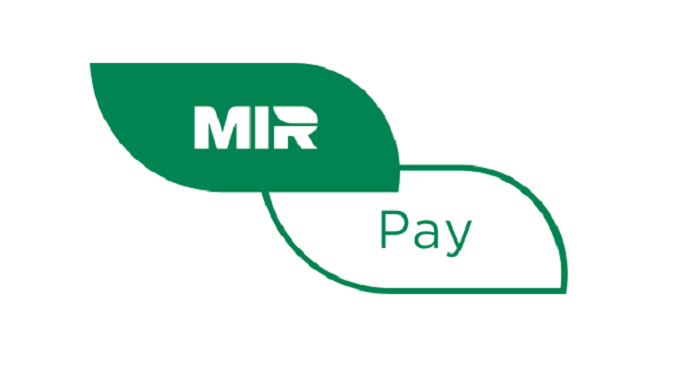A senior Ukrainian government source said on Tuesday that Ukraine and its partners have started online talks on extending the Black Sea grain exports deal so Kyiv can keep shipping grain to global markets.
Ukraine’s deputy minister of restoration Yuriy Vaskov announced last month that Kyiv would ask for at least one-year extension of the deal, noting that Ukraine also wants the city of Mykolaiv’s ports included.
Noting that the situation with the negotiations is rather complicated, the source said that Kyiv didn’t negotiate with Moscow, but that it was Kyiv’s understanding that its partners – the Turkish and UN representatives- act as intermediaries between Ukraine and Russia and were talking to Moscow.
The Black Sea Grain Initiative, which was brokered last July by the United Nations and Türkiye, was extended in November, but it is due to expire on March 18 unless an extension is agreed upon.
The initiative was aimed at ensuring that Kyiv can continue to supply food to world markets despite the naval presence of Russia, which blockaded Ukrainian Black Sea ports after its February 2022 invasion.
Due to the modest harvest and logistical difficulties caused by the Russian invasion, grain exports from Ukraine in the 2022/23 season decreased by 26.6% to 32.9 million tons as of March 6.
The UN and Türkiye remain the guarantors of the implementation of the Grain Initiative and Turkish Foreign Minister Mevlut Cavusoglu reiterated last week that Ankara was working hard to extend the deal.
Moscow, on the other hand, underscored the considering the interests of its own agricultural producers as a precondition to agree to an extension of the grain deal.
Russia stressed previously in February that it’s dissatisfied with several components of the arrangement and has requested the lifting of sanctions that hinder its agricultural exports.
Russian authorities claim that restrictions on its payments, logistics, and insurance pose a barrier to its ability to export its own grain and fertilizers despite the fact that its agricultural exports aren’t directly affected by Western sanctions.



